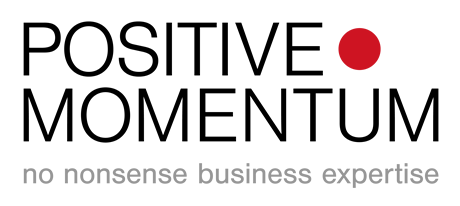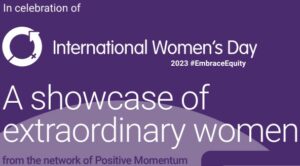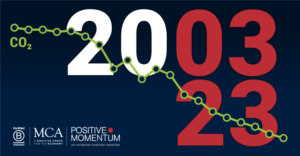Reading the FT during 2020 was akin to being wrapped up in a fast-paced novel, part Scandi Noir murder-mystery part hero adventure depending on the day and the topic. In the final chapters, the scientists have found a cure and people are putting themselves less in harm’s way which is a blessed relief after all that we’ve been through. And yet the final cliff hanger will almost certainly be, what does the world look like when the characters in the book venture out again in 2021?
What world we will find will, of course, be the world that we chose to build. Personally, I am optimistic. Never, have I seen so much sense of purpose, creative thought and true strategy work happening within the different organisations I have the great honour of working with. Perhaps a near death experience was necessary for us to truly understand that our time on this earth is possibly briefer than we’d previously thought but also that our businesses’ longevity can no longer be assured by doing what we’ve always done even if we do that extremely well.
So, at a time when so many business leaders are making so many critical decisions around the future direction of their businesses, how do we ensure that the choices we make are the right ones?
Leverage your professional network to get the widest possible perspective on what is happening outside your front door. According to recent research, professional and personal networks have shrunk over the past year HBR. Averages can be dangerous things of course but now is a really good time to think hard about whose wise counsel or different perspective you would normally be taking over a coffee or an early evening drink that you haven’t spoken to over the past 12 months.
Take the time to arrange a virtual coffee with those people whose opinions interest you and who may help you look at a problem you are grappling with from a different angle.
Ensure you have time aside to keep relevant. Hopefully we have all moved on from reading every digital alert that the clever algorithm designers are generating to spike our interest and feed our anxiety. Chances are that if you are reading this, you have learnt to filter the noise from the factual and bolstered your resilience in the process.
The challenge remains however that even amongst credible sources of reliable information, there is an awful lot of it about. A lot of this is highly relevant to our businesses and if we are to make the right decisions, we must keep pace with how our sectors, customer expectations, supply chains etc, etc are evolving.
In the absence of being prepared to extend our working days endlessly (I think we’ve all been there, and it wasn’t pleasant), it is important to anticipate the need for time to access quality information. Warren Buffett allegedly spends five to six hours a day reading five newspapers and 500 pages of corporate reports. Bill Gates reads 50 books a year. Mark Zuckerberg aimed to read at least one book every two weeks. Personally, I struggle to go off grid for long periods of time but I would suggest, if you have less than an hour a day set aside to fully concentrate on carefully selected data sources, you are at risk of making decisions without sufficient information to support them.
Surround yourself by people who don’t think like you. In times of pressure, the risk is that we instinctively gravitate towards people who think the most like us. This is unconscious bias at its best and will impact on the quality of the decisions we make by not taking the widest perspective on all possible options. Unconscious means precisely that so the only real way to hold yourself accountable here is to challenge yourself on whether the team charged with formulating the answer truly represent a broad spectrum of perspectives and if not, seek to expand it. In Obama’s “A Promised Land” I have been fascinated by how many times he reached out to Republicans to understand perspectives different from his own, inviting them to join teams where he felt they could help find their way through particularly knotty problems.
External coaches with direct experience of business transitions can be invaluable here also as independent and confidential sounding boards to support you at this most critical of times. Bill Gates and Steve Jobs both used coaches to help keep them on track.








